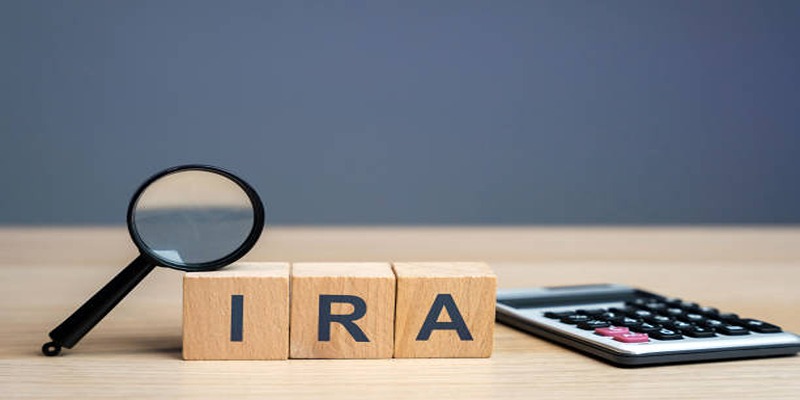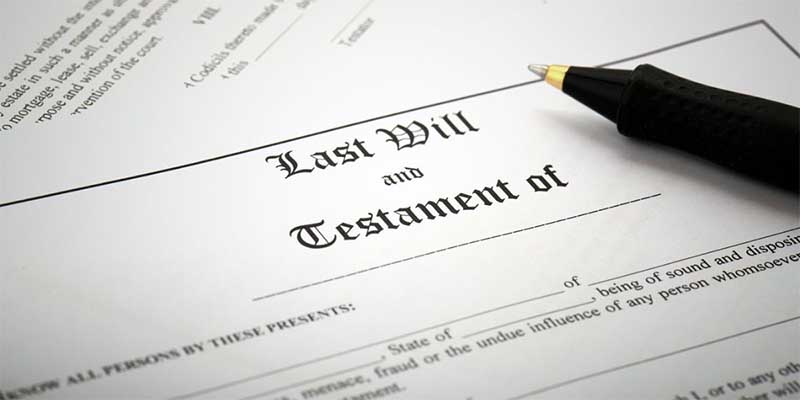The concept of a Money Binder emerges as a beacon of financial foresight, offering a systematic approach to organizing and safeguarding our monetary legacy. This article delves into the realm of the Money Binder, an ingenious tool designed to streamline and simplify the intricate landscape of one's financial affairs.
As we navigate the labyrinth of decisions surrounding our posthumous finances, questions arise about the efficacy of trusts and wills. Are these legal instruments mutually exclusive, or can they work in tandem to secure a seamless transition of wealth? Join us in this exploration of money saving binders, organizational strategies, and the pivotal choices between trusts and wills as we unravel the art of preparing finances for the inevitable, ensuring a legacy that endures beyond our mortal timeline.
A Money Binder serves as a comprehensive financial document organizer designed to bring order to the often chaotic realm of personal finances. Think of it as a centralized repository where all crucial monetary information is meticulously cataloged. From assets and liabilities to insurance policies and investment portfolios, a well-constructed Money Binder provides a snapshot of your financial landscape, facilitating informed decision-making.
The significance of centralization cannot be overstated when it comes to managing finances, especially posthumously. A Money Binder eliminates the need to sift through a myriad of documents and accounts, offering a single, accessible source for pertinent information. This organization is not only beneficial for you while you're alive but also proves invaluable for those tasked with managing your affairs after your passing.
Assets: Document all your assets, including real estate, vehicles, investments, and valuable possessions.
Liabilities: Detail any outstanding debts or financial obligations.
Insurance Policies: Keep a record of life insurance policies, health insurance, and other pertinent coverage.
Investment Portfolios: Provide a breakdown of your investments, including stocks, bonds, and retirement accounts.
Categorization and Labeling: Employ a systematic approach by categorizing your financial information. Label each section clearly to ensure quick and intuitive navigation. Common categories include "Assets," "Liabilities," "Insurance," and "Investments."
Color Coding: Enhance visual organization by assigning colors to different sections. For instance, use red for debts and liabilities, green for assets, and blue for insurance. This not only adds a visual appeal but also aids in swift identification.
Emergency Fund Envelope: Allocate a designated space for your emergency fund details. Include information on the current balance, where it's held, and any specific instructions for its utilization.
Investment Envelope: Create a separate section for your investment goals. Include details about your investment strategy, portfolio diversification, and any upcoming investment plans.
Future Expenses Envelope: Anticipate future expenses such as education costs, major purchases, or anticipated medical expenses. Outline plans for financing these expenses and any dedicated savings or investments.
Personalized Cover and Tabs: Infuse personality into your Money Binder by crafting a personalized cover. Use tabs for different sections, creating an aesthetically pleasing and organized appearance.
Digital Integration: Consider using digital tools or apps to complement your physical Money Binder. This ensures accessibility from anywhere and allows for real-time updates. Many financial management apps sync with bank accounts, providing an up-to-date overview.
Regular Updates: Treat your Money Binder as a living document. Schedule regular reviews and updates, especially after significant life events such as marriages, births, or major financial transactions.
Implementing these Money Binder ideas makes it more than just a static financial record. It transforms into a dynamic and adaptable tool that evolves with your financial journey, providing clarity and ease in managing your wealth.
Before delving into the nuances, it's crucial to comprehend the fundamental differences between a trust and a will. A will details how your properties should be distributed after your death. In contrast, a trust is a legal institution that holds and manages properties on behalf of beneficiaries during your lifetime and potentially after your death.
Probate Avoidance: Properties held in a trust can often bypass probate, streamlining the distribution process and potentially reducing costs and delays.
Privacy: Trusts are private documents, whereas wills are typically filed in probate court, making the details public. A trust offers a higher level of confidentiality.
Continuity: A trust can provide for the management of your assets in case of incapacity, ensuring a seamless transition without the need for court intervention.
Simplicity: Wills are generally simpler and more straightforward than trusts, making them a suitable option for individuals with less complex estates.
Cost-Effective: Creating a will is often less expensive than establishing and maintaining a trust, making it a more accessible option for some individuals.
Guardianship Designation: Wills allow you to designate guardians for minor children, a critical consideration for parents.
Complexity of Estate: If your financial situation is relatively straightforward, a will may suffice. For complex estates or those with substantial assets, a trust could provide more flexibility and efficiency.
Privacy Concerns: If you prioritize privacy, a trust may be preferable, as it avoids the public scrutiny that comes with the probate process.
Management During Incapacity: If you're concerned about potential incapacity, a trust allows for the seamless management of your assets, whereas a will only becomes effective after death.

Legal Assistance: Consulting with a legal professional is crucial when deciding between a trust and a will. They can give advice based on your circumstances.
Maintenance Costs: While trusts may incur ongoing administrative costs, wills typically involve fewer maintenance expenses. Consider these long-term financial implications of each option.
Here is a comprehensive step-by-step guide on how to prepare finances for death
Create a detailed inventory of your properties, including bank accounts, real estate and investments.
Document liabilities such as mortgages, loans, and credit card debts.
Check and revise who you've chosen to receive money from your life insurance, retirement funds, and other money-related stuff.
Ensure alignment with your current wishes and life circumstances.
Check your life insurance coverage to ensure it adequately meets the financial needs of your dependents.
Coordinate life insurance beneficiaries with your overall estate plan.
Confirm and update beneficiary designations on retirement accounts and pension plans.
Consider the impact of required minimum distributions (RMDs) on your estate.
Work with financial advisors to implement strategies that minimize tax implications on your estate.
Explore options such as gifting, charitable contributions, and tax-efficient investment planning.
Compile a list of digital assets, including online accounts, social media, and cryptocurrency holdings.
Safely store passwords and access information in a secure location.
Establish powers of attorney for financial and healthcare decisions in case of incapacity.
Ensure that trusted individuals are aware of their roles and responsibilities.
Schedule periodic reviews of your financial plan, especially after significant life events.
Update your Money Binder, will, and trust documents as needed.
Engage with a qualified financial advisor to navigate the complexities of estate planning. They can give advice based on your unique circumstances, ensuring that your financial strategy aligns with your goals and values.
Work with tax professionals to implement tax-efficient strategies, such as establishing trusts, making strategic gifts, and leveraging available exemptions. Understanding the tax implications is paramount to preserving the wealth you've worked hard to accumulate.
While a Money Binder and trusts focus on the organization and management of your financial affairs, a will plays a pivotal role in translating your wishes into actionable legal directives after your passing. The trio of a well-organized Money Binder, strategically planned trusts, and a thoughtfully drafted will creates a robust foundation for comprehensive estate planning, ensuring the preservation and responsible distribution of your financial legacy. As you navigate the landscape of financial preparedness, remember that each aspect plays a vital role in securing your lasting impact.
In the intricate dance between life and the inevitable, the proactive preparation of one's finances for the journey beyond emerges as a profound act of responsibility and care. The Money Binder, a meticulous organization of financial details, sets the stage for a comprehensive approach to estate planning. Choices between trusts and wills, once understood, become integral to shaping a seamless transition of wealth.

Beyond the organizational strategies lies the heart of preparedness: crafting a will that encapsulates one's wishes, transcending misconceptions and contributing to a legacy that endures. As we navigate the realms of Money Binder, the wisdom of these choices guides us towards a future that will support generations yet to come.

By Susan Kelly/Feb 29, 2024

By Triston Martin/Apr 02, 2024

By Sean William/May 29, 2024

By Sean William/May 30, 2024

By Sean William/May 29, 2024

By Triston Martin/Feb 02, 2024

By Sean William/May 29, 2024

By Kristina Cappetta/Dec 06, 2024

By Triston Martin/Feb 08, 2024

By Triston Martin/Feb 29, 2024

By Triston Martin/May 07, 2024

By Susan Kelly/Feb 17, 2024